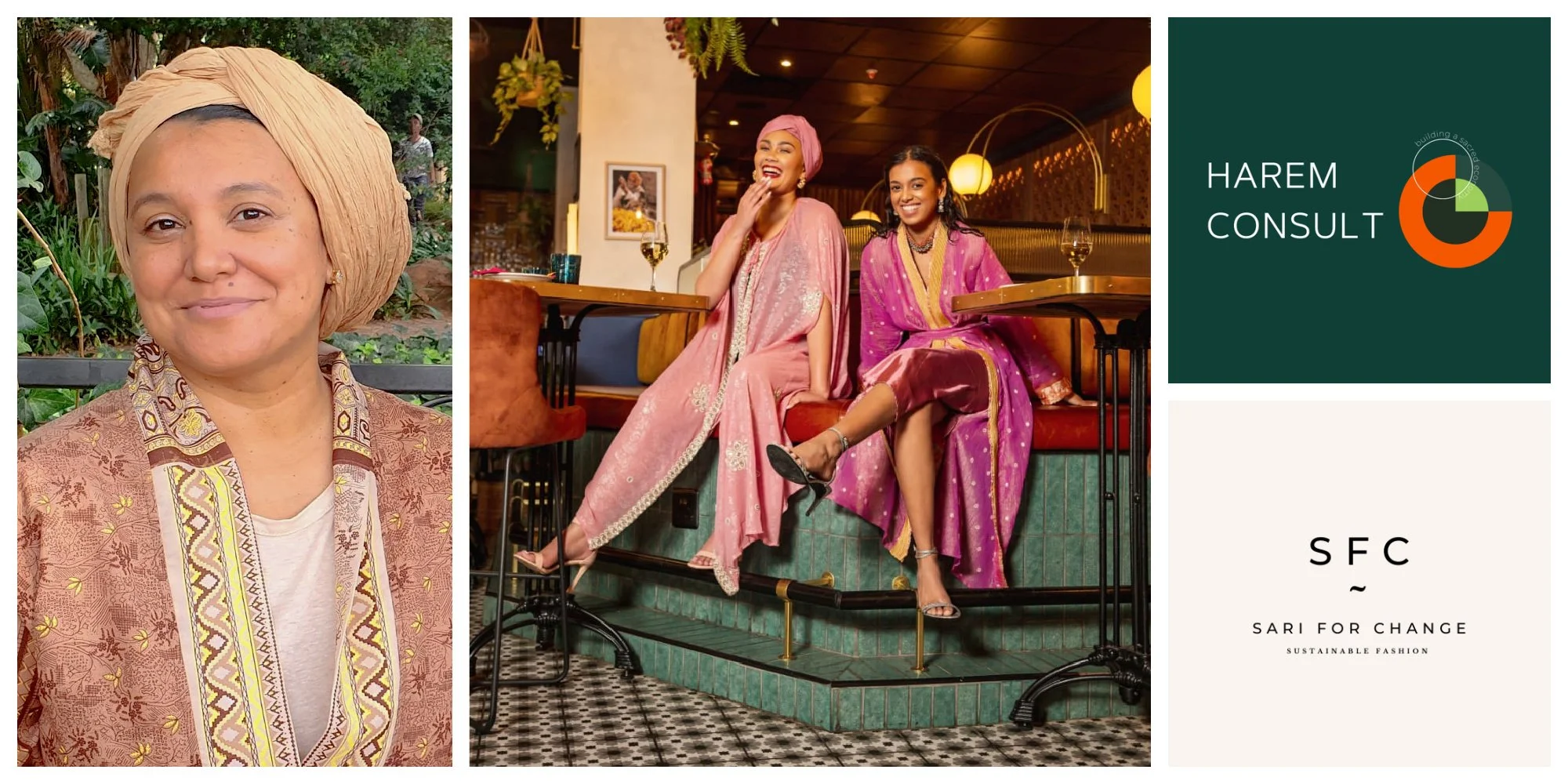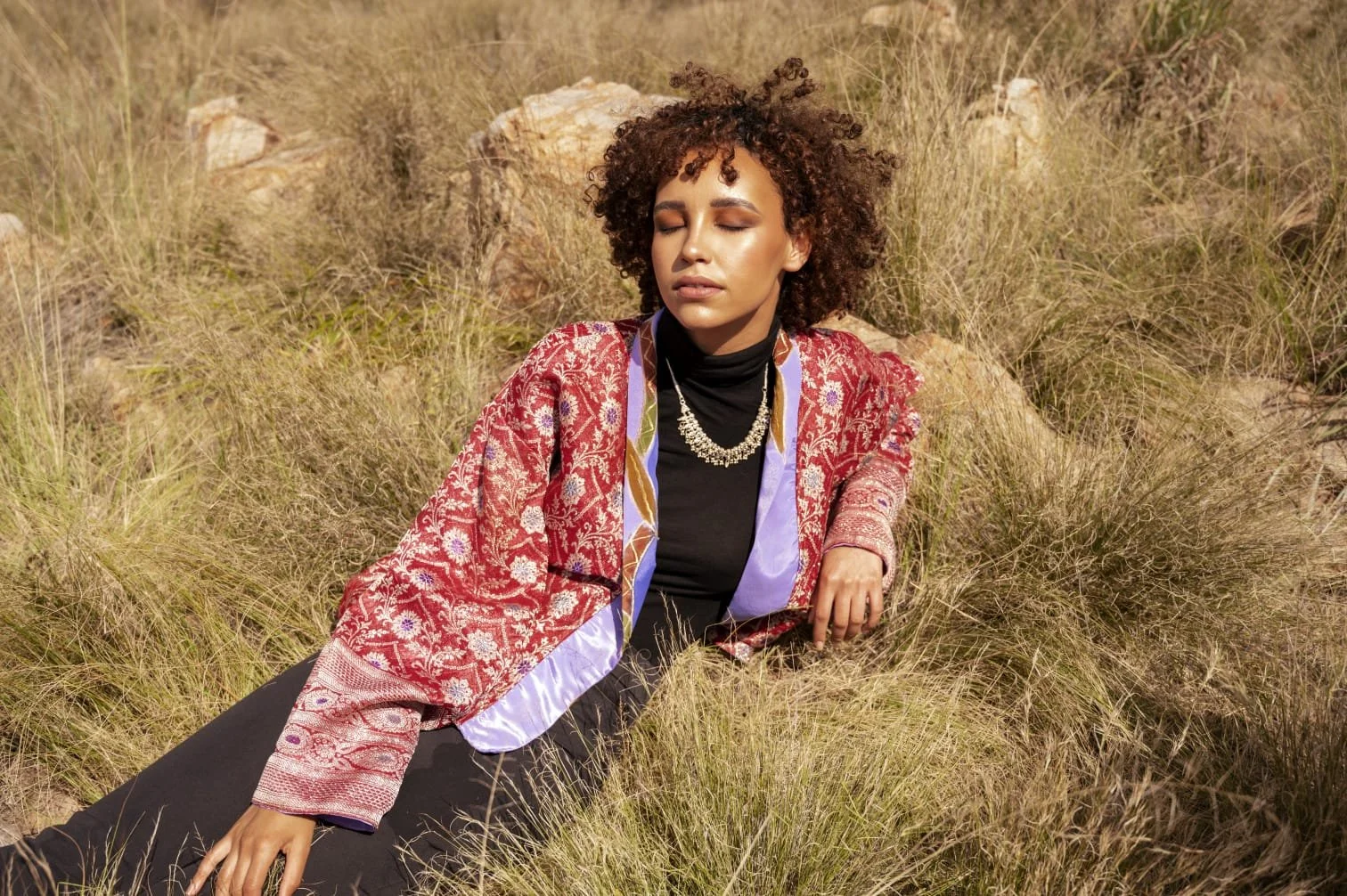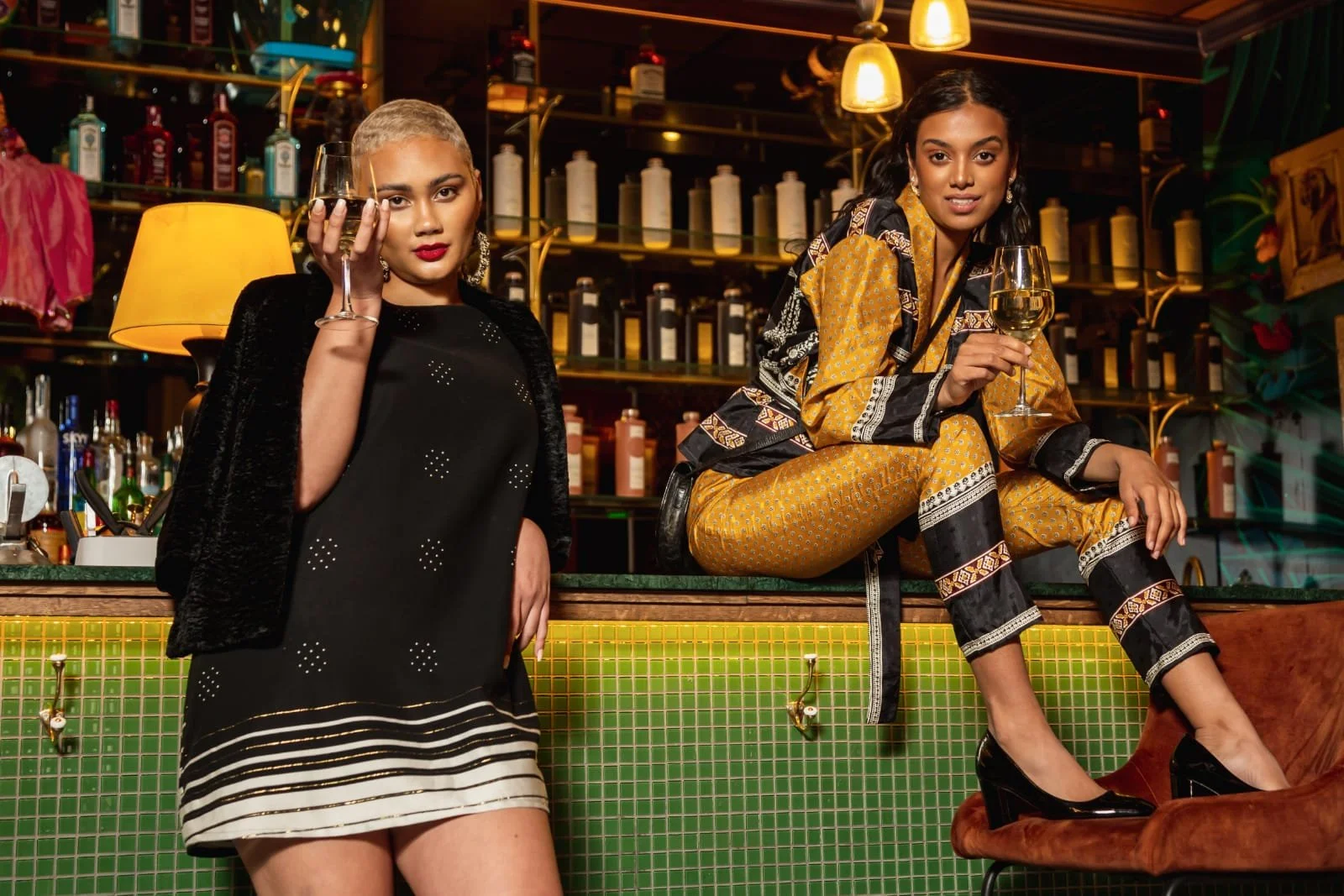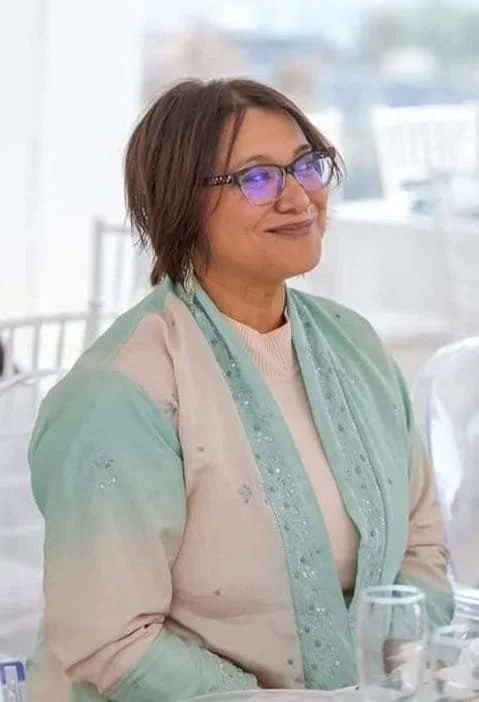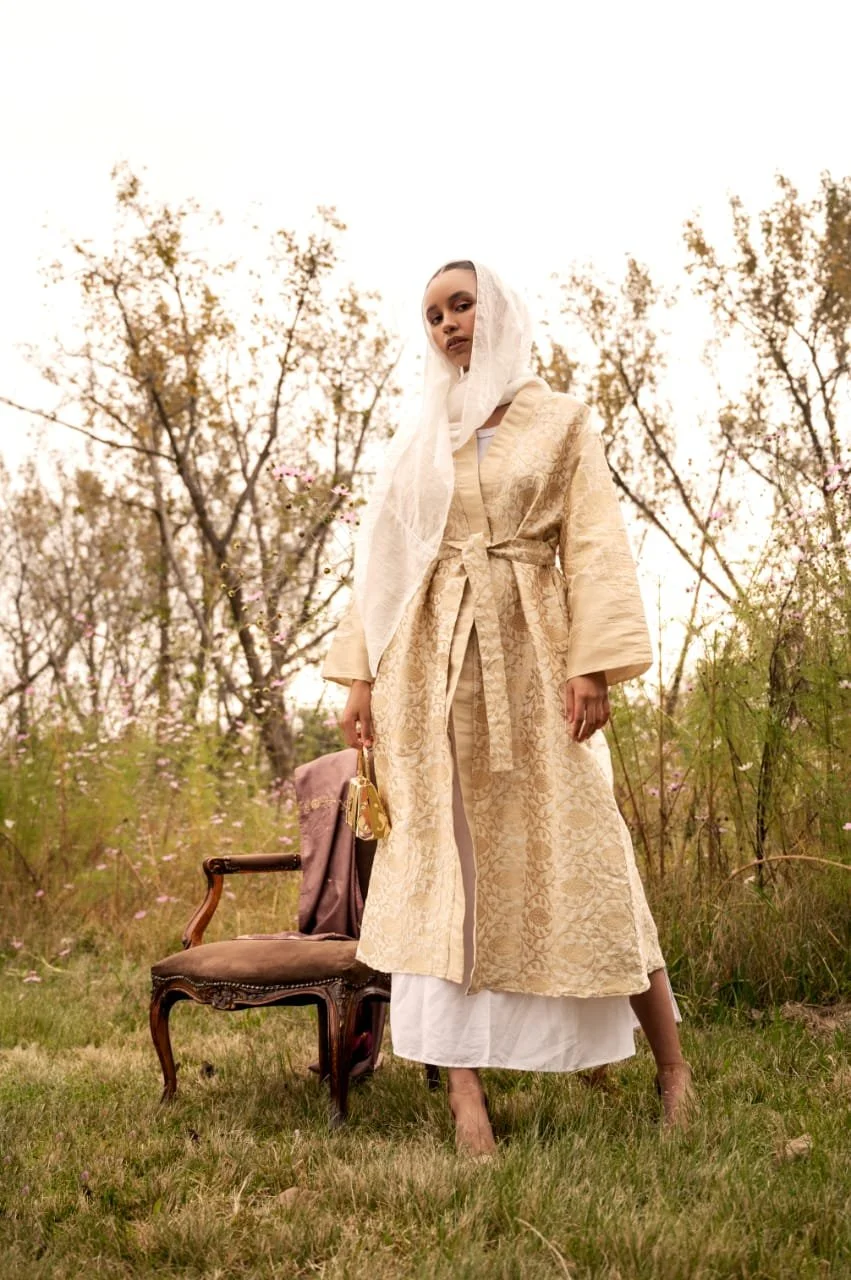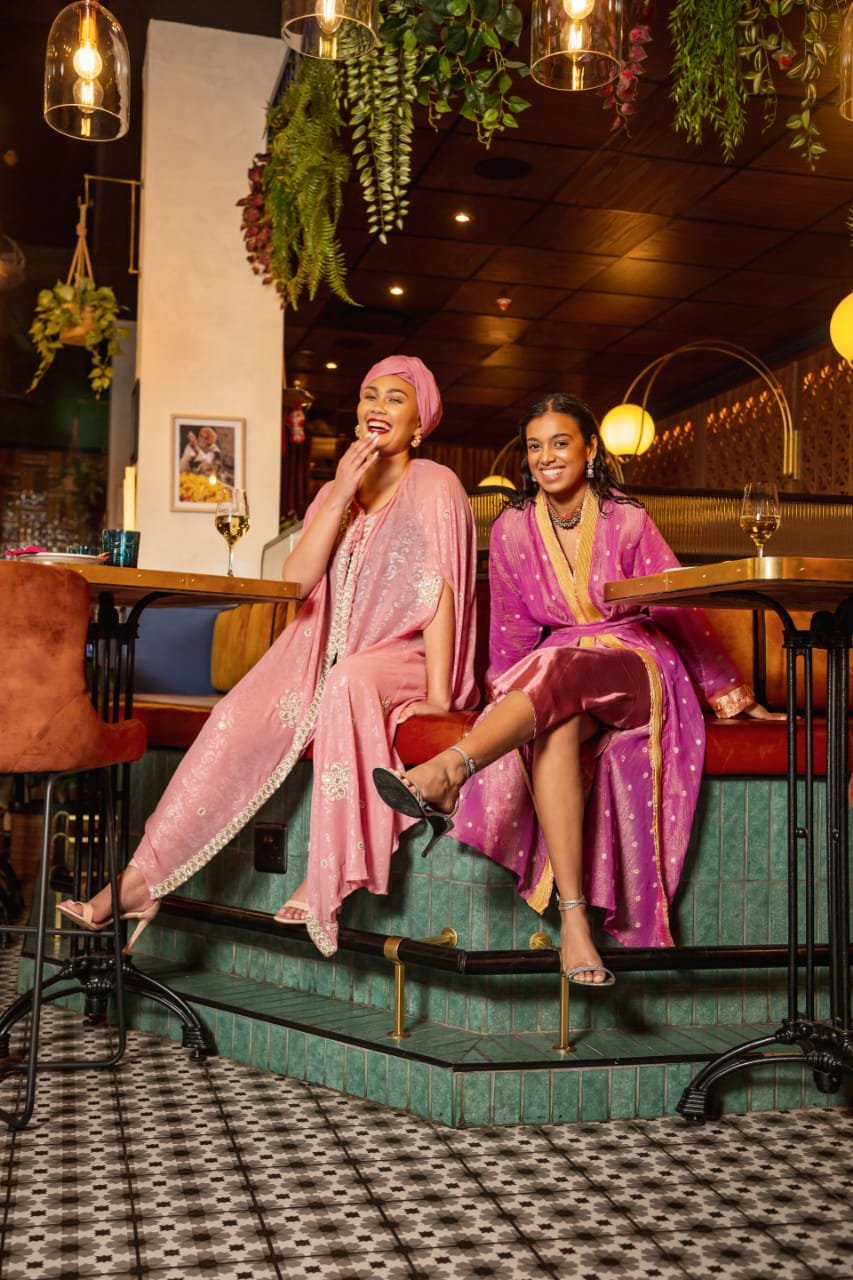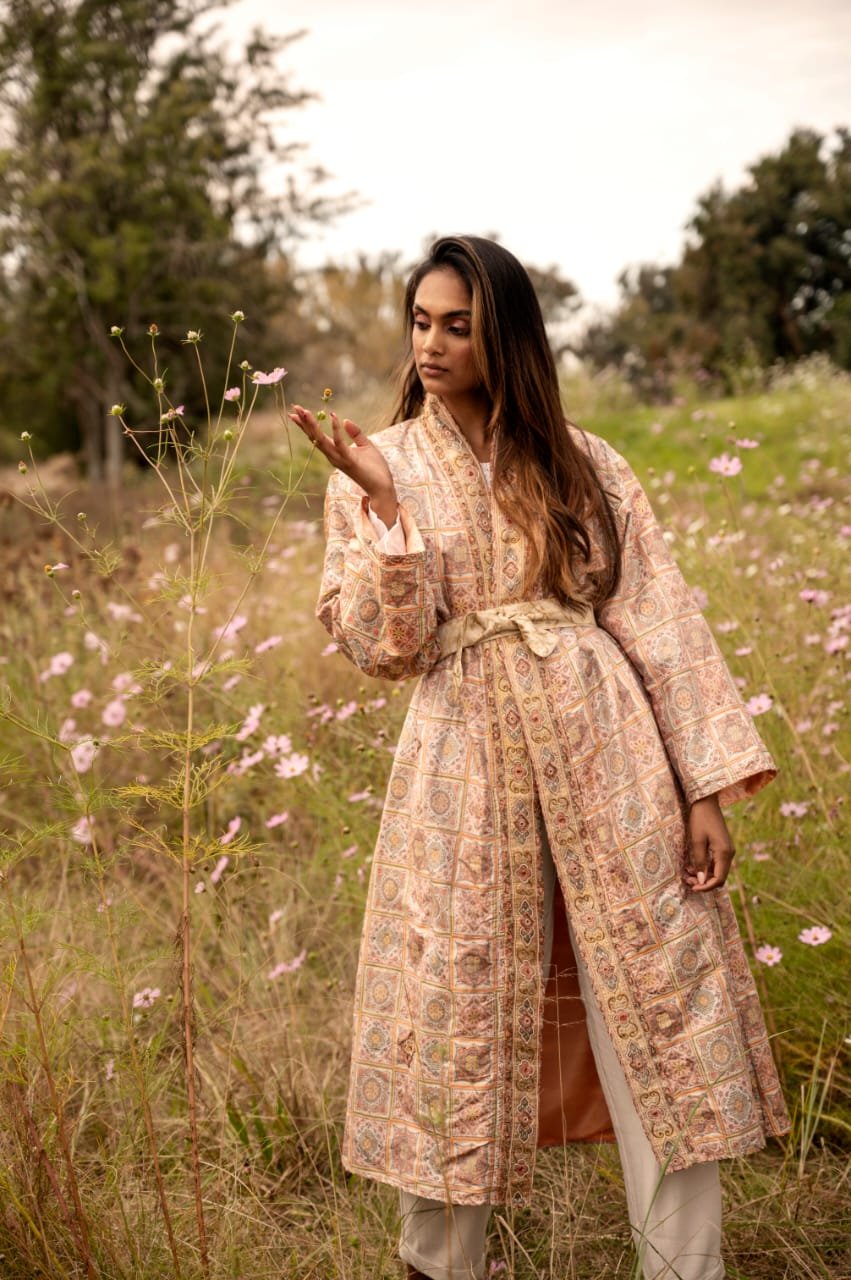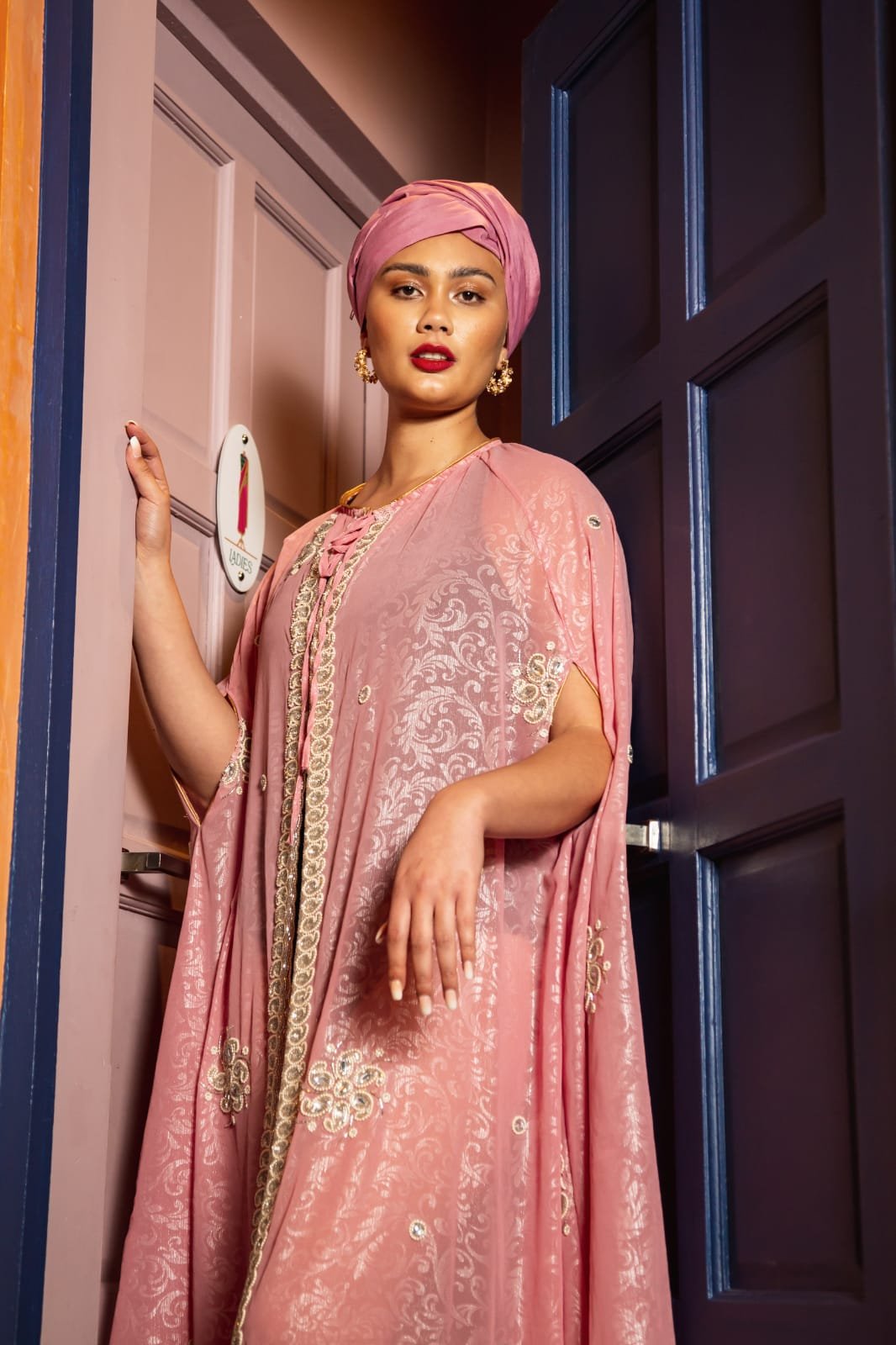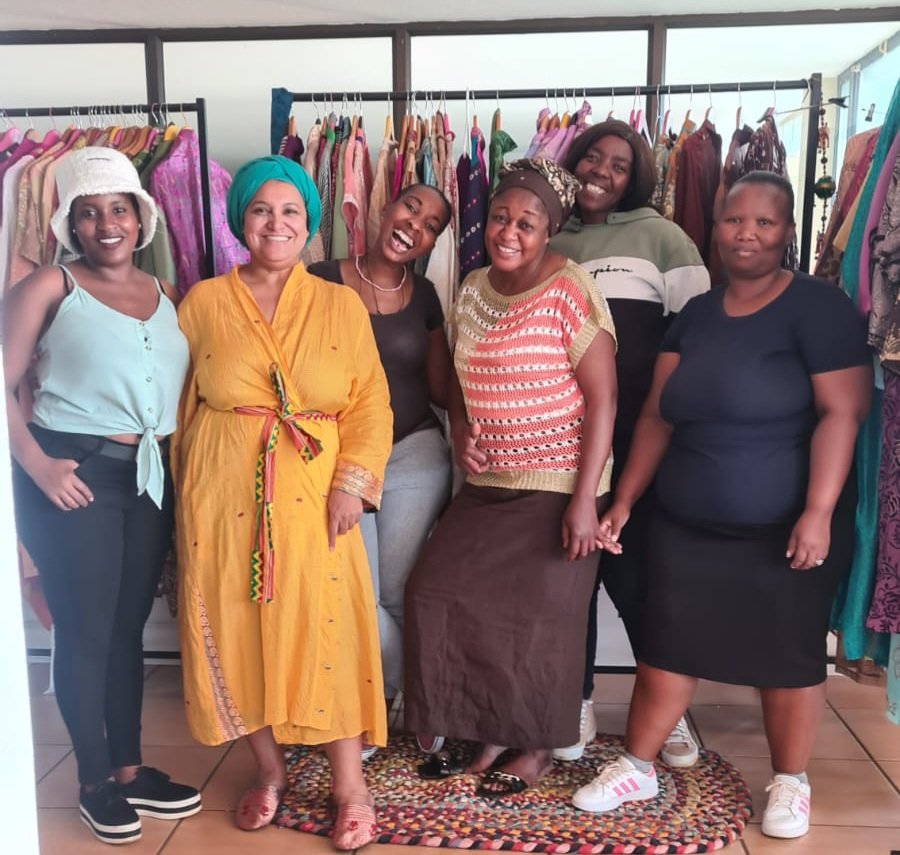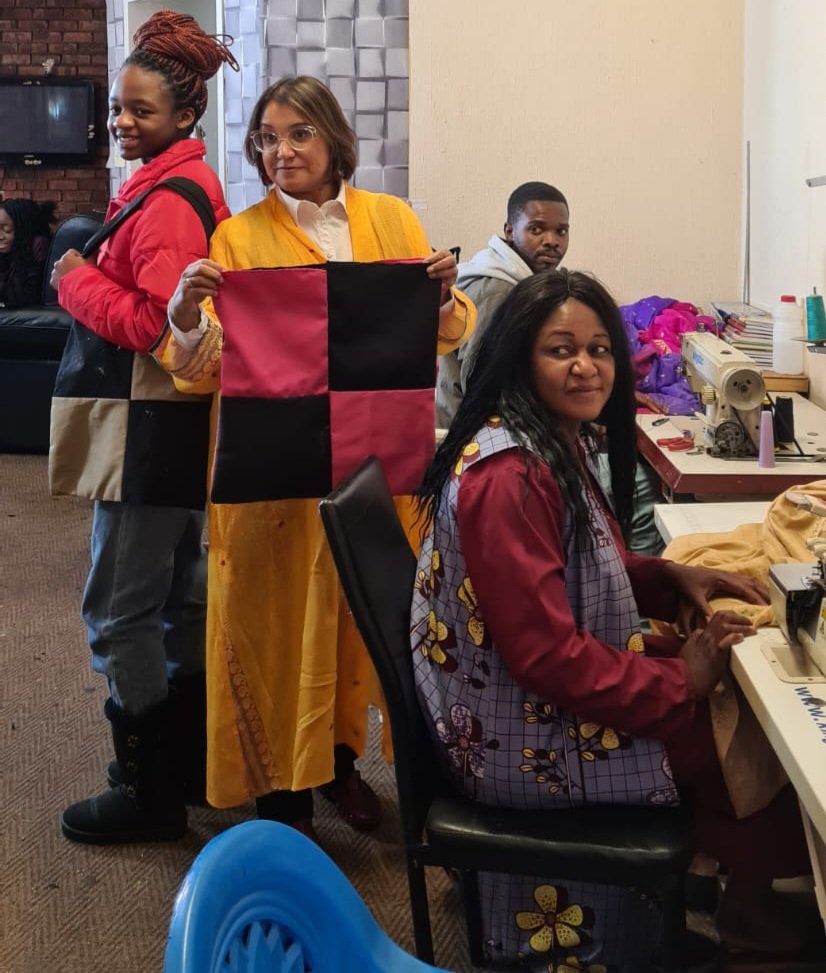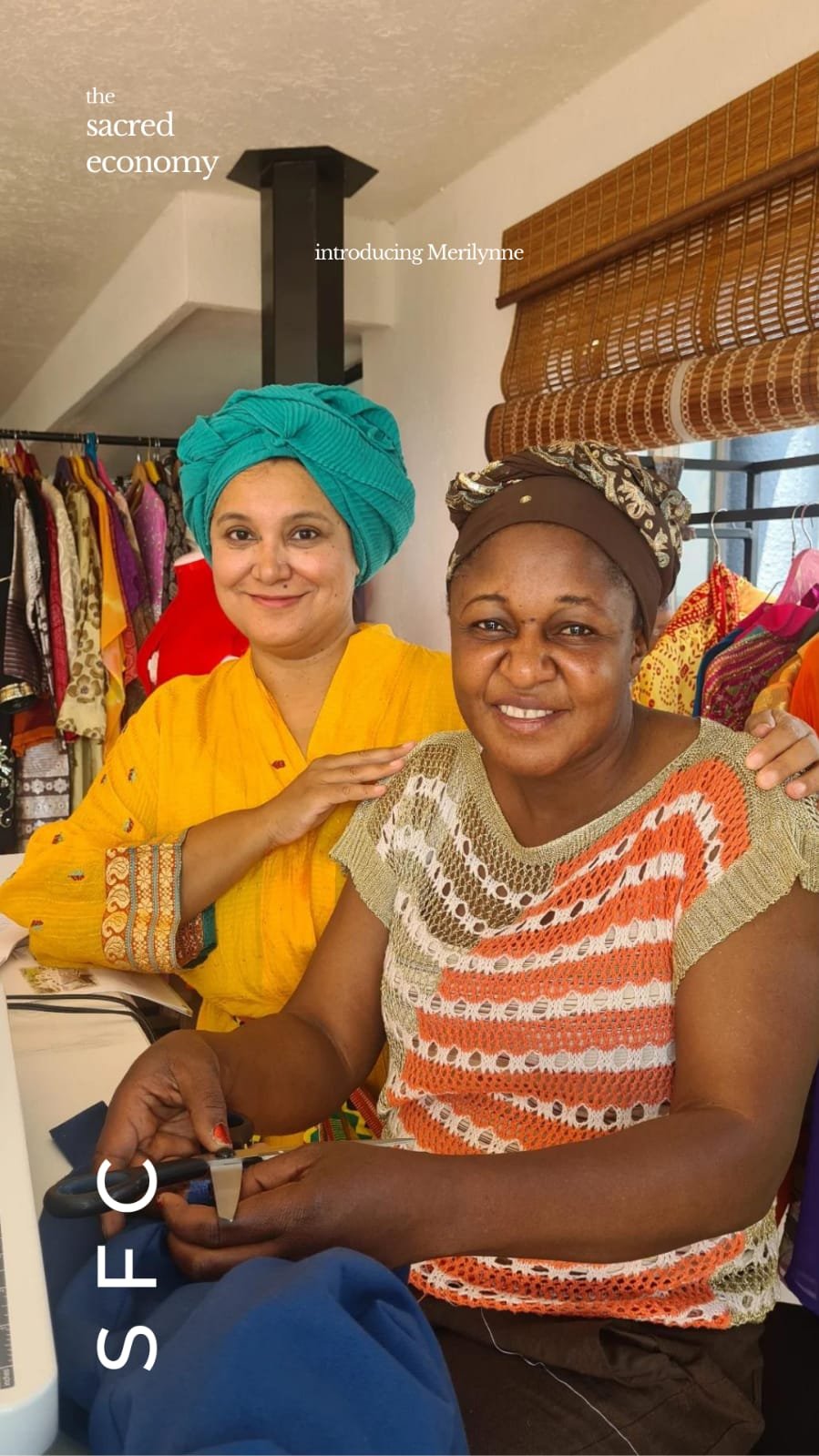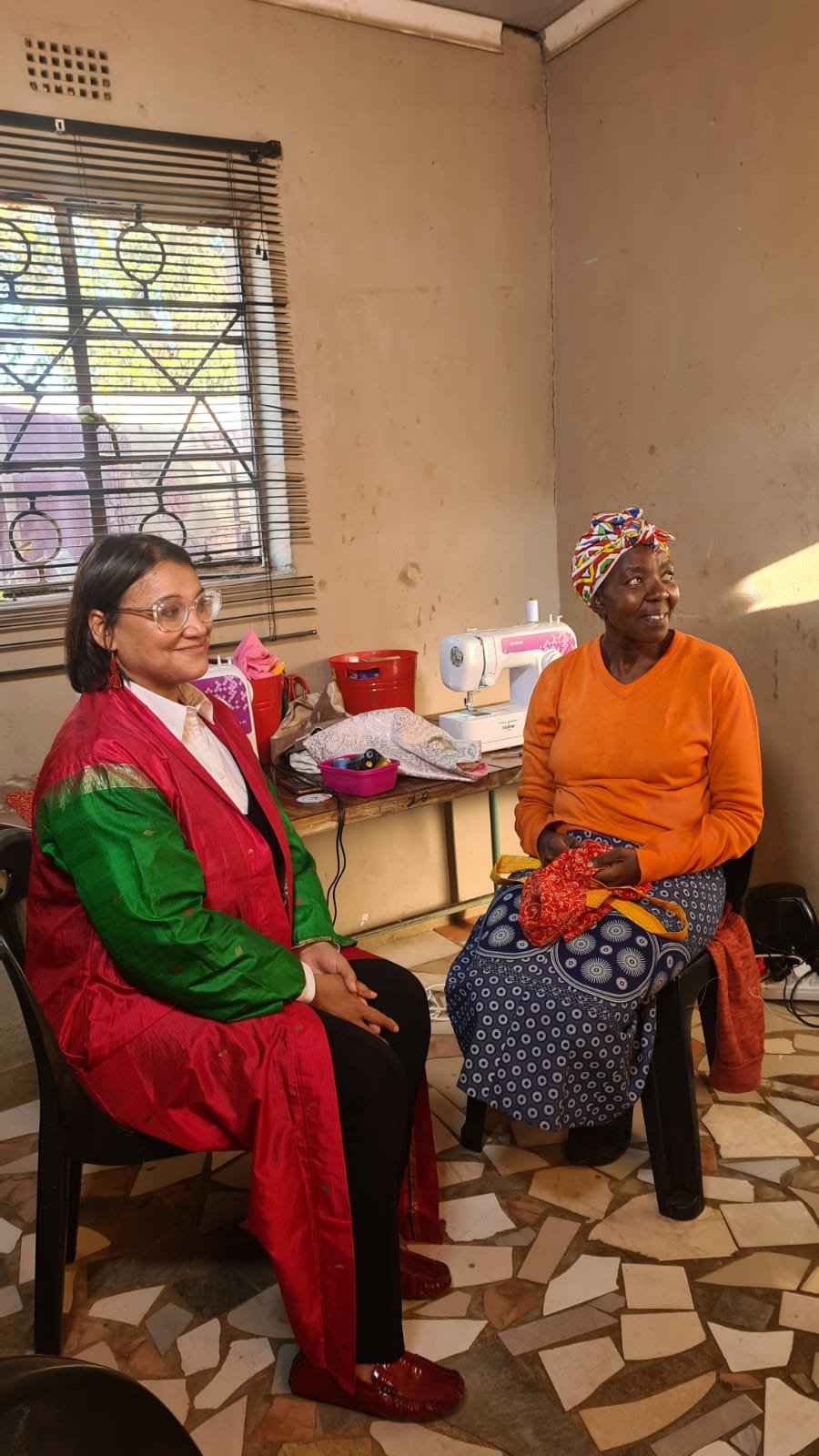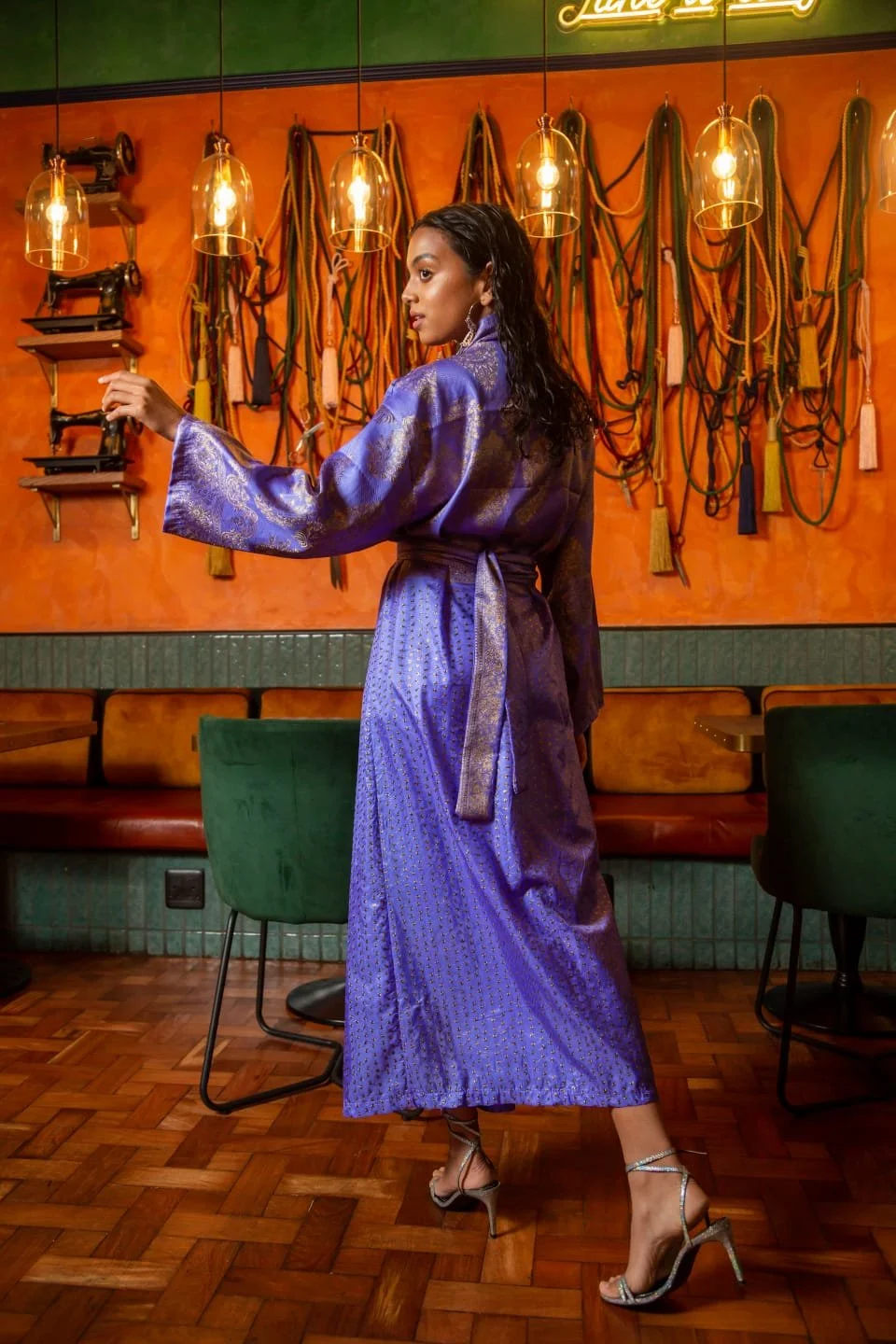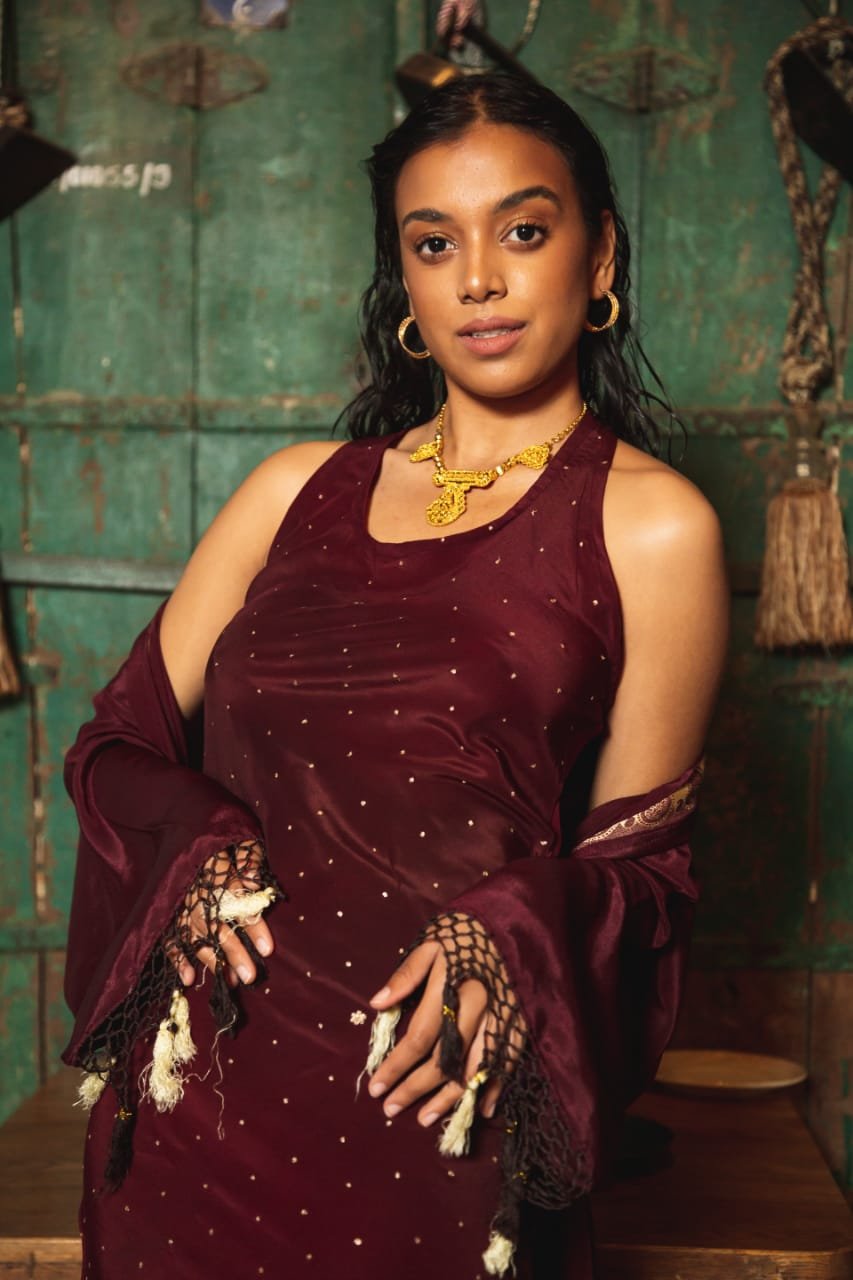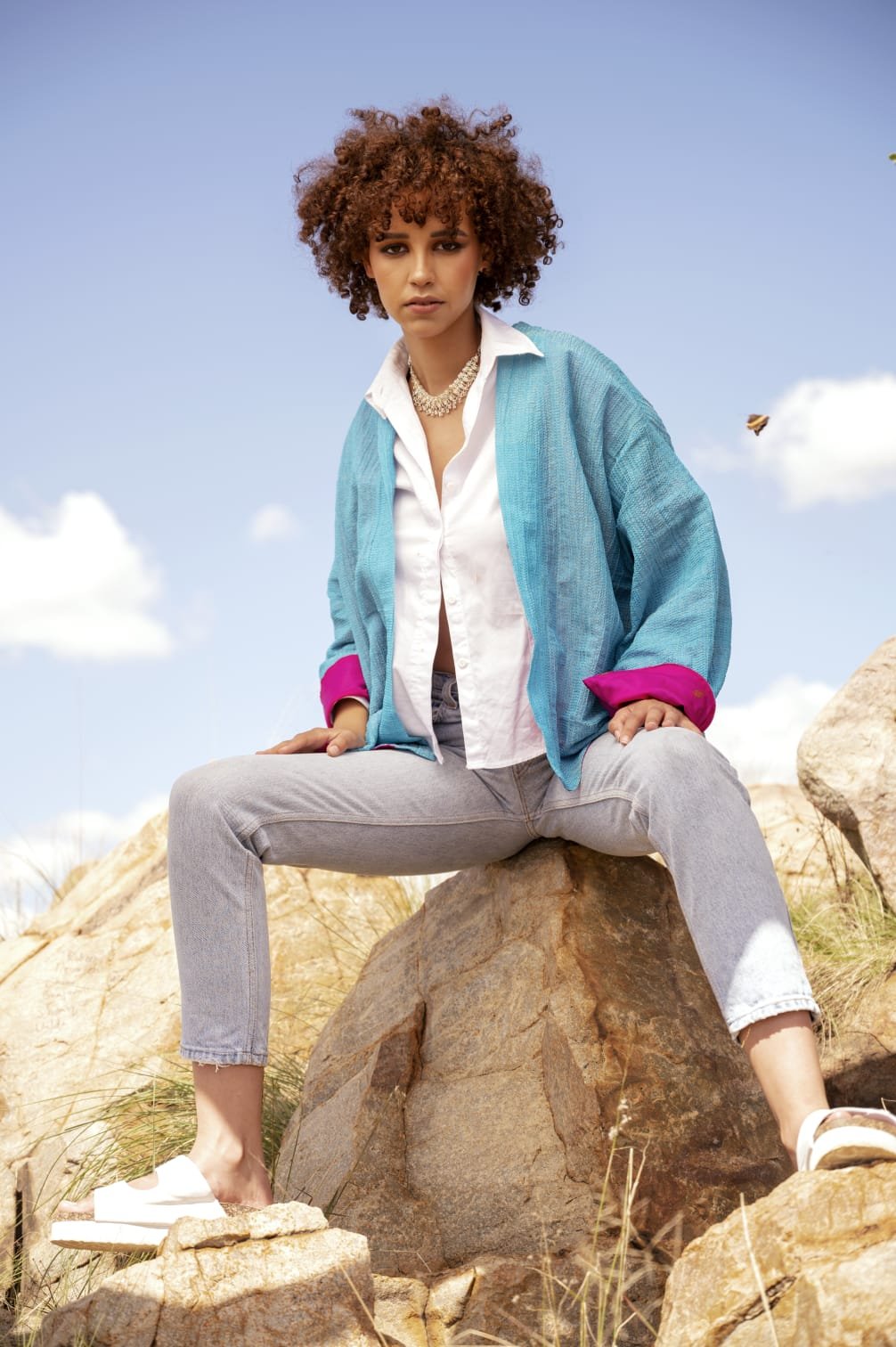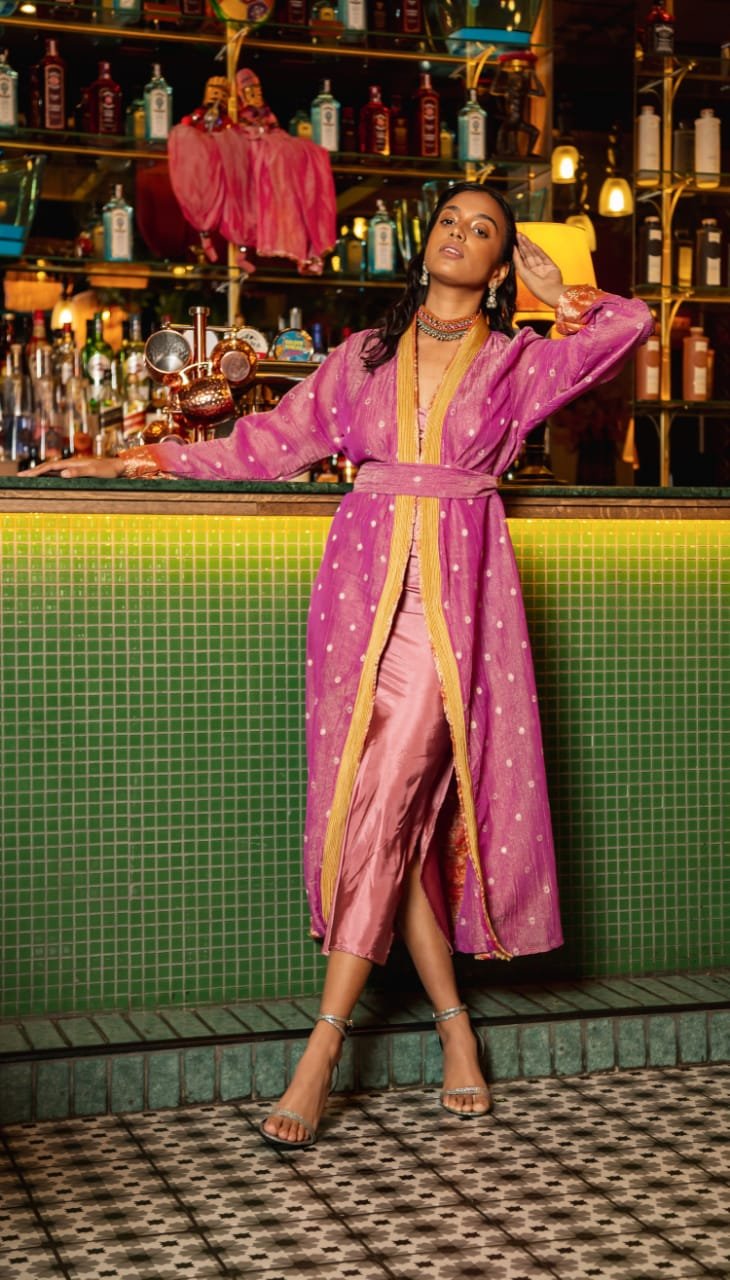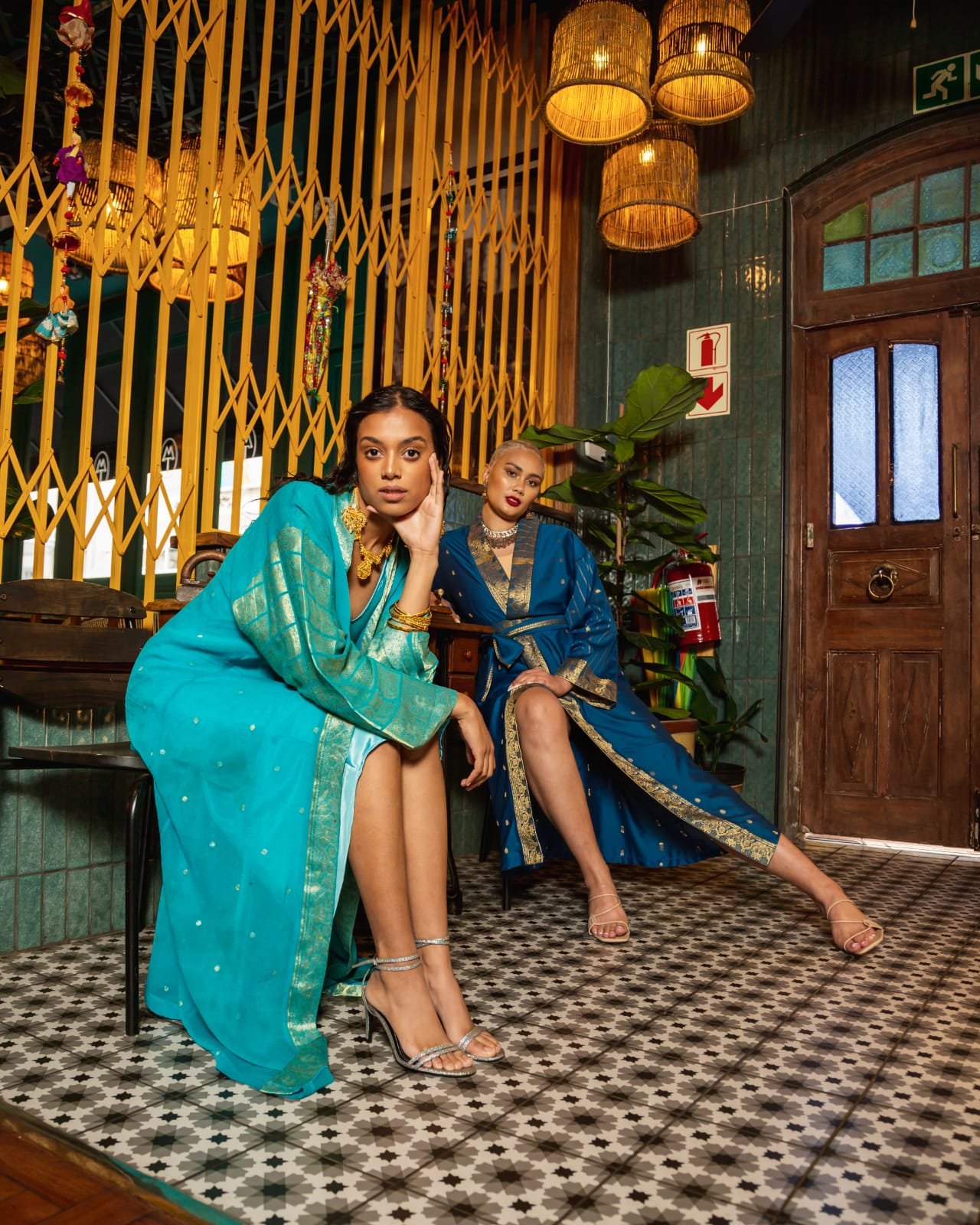Startup Story
Rayana Edwards, founder of Harem and based in South Africa, has been in the clothing and textile industry for more than 25 years. She has travelled the world as a buyer and curated manufacturing for local and global brands including her own. Her project Sari for Change allows for her story of mixed heritage to be told whilst it provides an intervention for poverty alleviation and hope for many women who are unemployed. She is a mother to 5 girls, a life coach and serial entrepreneur. Her award winning project is recognized for its pay it forward model to create a legacy within the sustainable fashion space, a term they have coined, a sacred economy.
LoA spoke to the change-driven founder, Rayana Edwards, to find out more about her impact-led business.
What year did you start your business?
Harem has been in existence since 2010 and our Brand, Sari for Change started off as an NPO but transitioned to a for-profit business in 2017.
“What started off as a fashion project is now life-giving, based on the ethics and values inspired by the experiences of a circle of women.”
“Our business model is a balance between profit and purpose.”
What does your company do?
We upskill and train unemployed women in the townships, using recycled fabrics to make one of a kind products for both local and international markets. Our trainees work and train in an incubation hub for between 6 – 9 months, developing a skill and the basics of business. Our business model is a balance between profit and purpose.
Our beautiful, bespoke pieces are one of a kind pieces that speak to culture and heritage but can now be worn by all communities.
We operate in 2 market segments mainly: Resort Wear and Special events or occasion wear. We are also slowly developing for the modern modest segment as our kimono which is our main design and also serves as an “abba” or “abaya” which is best suited to the modest wearer.
Our hands on mentorship programme is uniquely designed to address the strengths of the trainees. When our trainees graduate, they either become more employable, self-employed or suppliers to Harem Clothing. We strongly believe in collaborations to influence our stakeholders to adopt and practice a strengths-based approach. What started off as a fashion project is now life-giving, based on the ethics and values inspired by the experiences of a circle of women. Currently we have clients in Denmark, USA, Sweden and the UK.
What inspired you to start your company?
I travelled the world when I was in retail. The sights, sounds and movement of people all different culturally but with the same desires. Fashion is everywhere and my personal journey has been about the threading and weaving of colour and textures. Sari for Change is an extension of this and it really is about the connection.
Why should anyone use your service or product?
The sari stands at the forefront of our business model. We recognized the 6 meters of beautiful silk and chiffon fabrics as a resource when the budget for fabric was so low. The fact that we are calling on grandmas, aunties, mothers and sisters to clear their closets of pieces they once treasured and now have the chance to give it a new lease of life to be worn by other communities. This new consciousness of sharing is moving us to align to SDG 1, alleviating poverty. Often when clients wear our garments they speak of feeling this energy transfer, from the donor to the maker, to the end consumer.
Tell us a little about your team
They all align to our vision of becoming self-reliant and to catalyze positive change in themselves and communities. Working with the saris in all of its colour and textures evokes a certain mood, bearing testimony to the benefits of colour therapy. Our trainees’ stories and progress on their journey with us keep us all motivated and rooted to do more. Mixed cultures and heritage weaves its way through on all levels mixed with the curiosity and appreciation from our clients.
“Being recognized globally was a huge shift for me personally and set me on a fast track to ensure that we could make a difference within the clothing and textile industry.”
Share a little about your entrepreneurial journey. And do you come from an entrepreneurial background?
Yes I do come from an entrepreneurial family. I lived with my great aunt in Cape Town who worked in a big clothing factory. She had several side hustles as her direct clients were in the factory. One of her hustles was private tailoring, so the sewing machine was often heard late at night. My grandfather was also the first male of colour to have a jewellery manufacturing business in the centre of the city.
What are your future plans and aspirations for your company?
Multiplication of our incubation hubs as this will allow for more women to link to the local manufacturing industry, but also allow for stronger production capacity for Sari for Change garments.
What gives you the most satisfaction being an entrepreneur?
The women…..when seeing them grow and how when they discover their gifts and talents, in turn can put food on the table for their family. I was that woman. Feeling unsupported with no income. I was able to tap into what I knew and dig deeper to realize a fashion business that could ensure education for my daughters. When I received a scholarship to study at GIBS and to be part of the 10 000 Global Women Entrepreneurship Programme, I knew I needed to pay this forward. In 2020, I won the Global Women Leadership Award as recognized by Goldman Sachs and Fortune Media. Being recognized globally was a huge shift for me personally and set me on a fast track to ensure that we could make a difference within the clothing and textile industry.
What's the biggest piece of advice you can give to other women looking to start-up?
Be authentic but disciplined. Grooming is on all levels not just the outside. It is a balance of both the inner and outer that allows you to stand in your truth. Align to a SDG early on in your business as it will become a part of your WHY.
Contact or follow Harem
Why LoA loves it…
We always love featuring stories of women entrepreneurs who are driven to make a real difference in the lives of others, and Rayana Edwards, founder of Harem in South Africa, is doing just that. She saw a real need in the community to upskill local people and create job opportunities for them in order to alleviate poverty. So she harnessed her extensive experience in the clothing and textiles industry to make positive change happen in so many lives. Inspirational! — Melanie Hawken, founder & ceo, Lionesses of Africa

